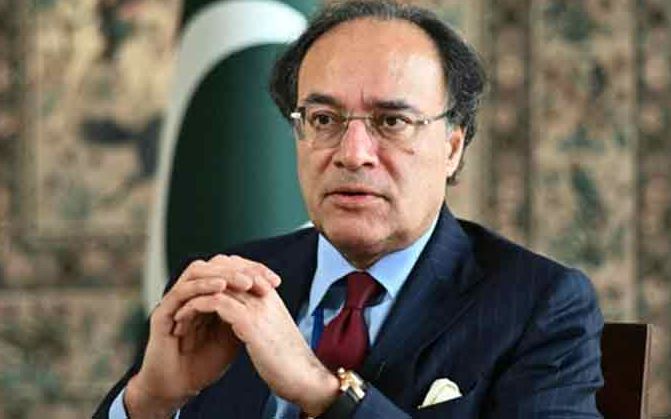ISLAMABAD – Finance Minister Muhammad Aurangzeb cautioned that Pakistan might face additional IMF programmes if substantial increases in tax revenue were not achieved.
The finance minister expressed confidence in reaching a staff-level agreement with the IMF this month, targeting a bailout package between $6 billion and $8 billion.
He expressed these words during an interview to Financial Times.
Aurangzeb stressed upon the urgency of boosting tax revenues, stating, “But it will not be our last fund programme if we don’t bring our tax revenues up,”.
Aurangzeb acknowledged the backlash from low-income groups and salaried classes over the budget aligned with IMF conditions, adding, “I empathize with the pain people will feel,”.
Highlighting the need for prompt action, Aurangzeb stressed, “We do not have five years for our programme,”.
The minister emphasized the need for tangible progress within the next two to three months. He pointed out that positive investor confidence in the KSE-100 index, describing it as one of Asia’s top performers year-to-date.
He criticized corruption within the Federal Board of Revenue (FBR), saying that, “the People don’t want to deal with the tax authority because of corruption, harassment and demands for facilitation money,”.
Aurangzeb highlighted the necessity of addressing the issues for sustainable economic progress.
Despite these positives, Aurangzeb acknowledged Pakistan’s challenges in achieving sustainable growth and debt management. He pointed out Pakistan’s heavy reliance on imports, necessitating borrowing to service debts. Aurangzeb stressed the importance of creating the capacity to repay loans, saying, “It’s about time we get real,”.










